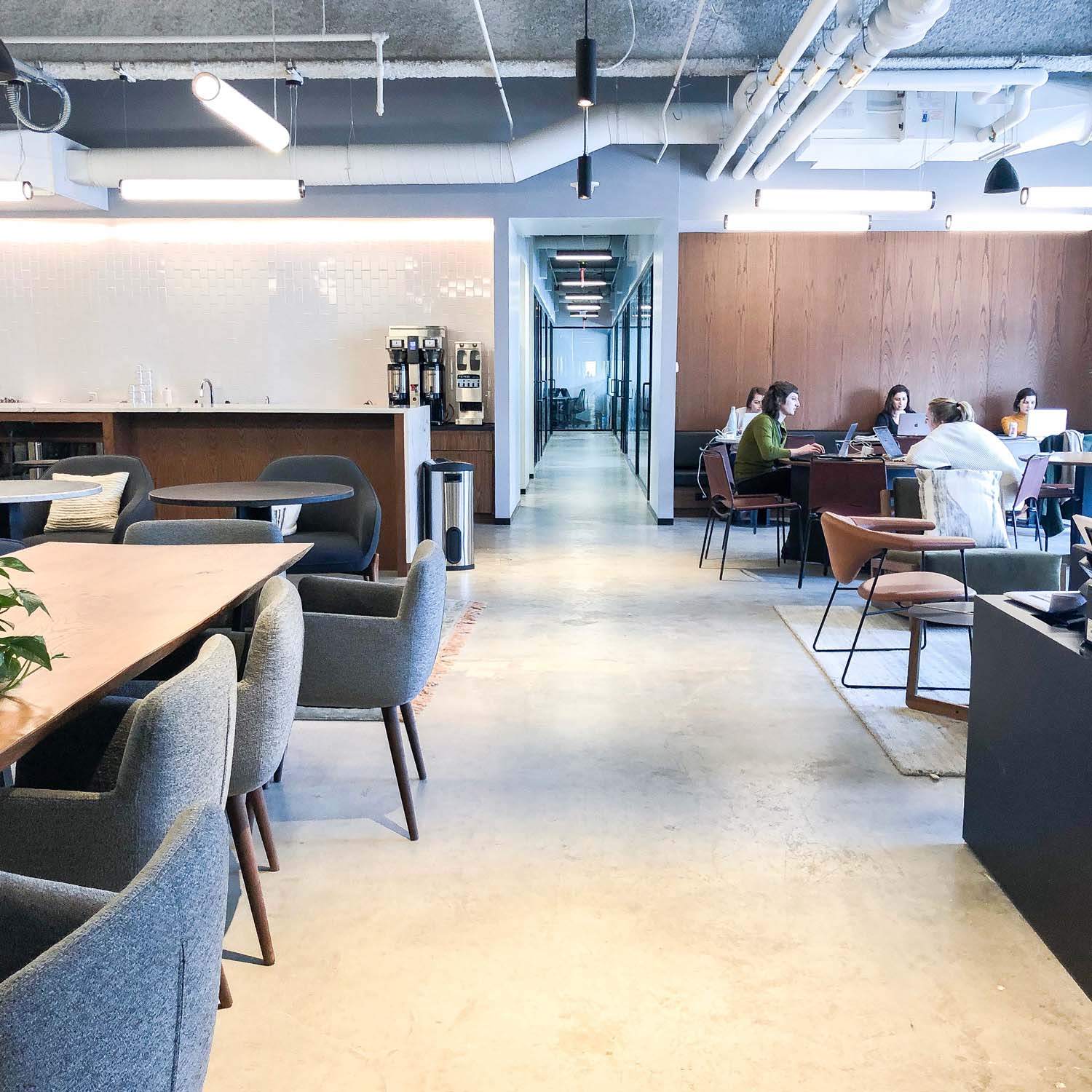
Trends in Coworking Spaces in Boulder: A 2019 Update
Not a day goes by without news of yet another coworking brand being launched. Last week, Staples announced plans for launching their own coworking brand (apart from former partner WorkBar). Los Angeles-based commercial real estate giant CBRE just announced plans to launch its own coworking brand, with its first location in Dallas.
Coworking Has Gone Corporate
In their mid-nineties infancy, coworking spaces were created by entrepreneurs, hackers, and artists. Not property managers and certainly not real estate developers. But over the last fifteen years, an entirely new model of real estate has taken shape.
Now we are seeing established developers, investors, brokers and property managers find their way into the coworking market. To remain competitive, real estate investors need to understand and respond to the new set of demands that comes with coworking. For one, the model is tenant-driven. The emphasis on hospitality, amenities, and flexibility is frequently the difference-maker from one coworking space to the next.
Coworking Isn’t Slowing Down
We wrote last year about the many coworking options in Boulder. Since then, we have seen WeWork move into Canyon 28. Meanwhile, dozens of shared offices and coworking spaces have emerged all over Boulder County. We have regular conversations with large coworking brands that have opened locations in Denver and would like a Boulder location. (Boulder’s main constraint as a coworking hub is, as ever, space. 20,000 square feet tends to be the minimum size needed and finding that in an amenity-rich, walkable location can prove challenging.)
Ironically, the flood of coworking spaces is also driving demand for the traditional single office space. Coworking spaces offer top-notch amenities and flexibility, but they come at a price. For tenants seeking small spaces, the traditional single office lease will usually offer a more competitive rate than a coworking office. Tenants willing to forgo free beer and month-to-month leases can still get a traditional space in high-dollar territories at a relatively affordable rate.
We expect to observe increased demand for flexible office space over next few years. As Boulder doubles down as a tech hub (or spoke!) the demand for coworking space will continue. And for investors, it offers a new (often lucrative) use for their properties.
